Sport Wales: Action needed, independent report says
- Published
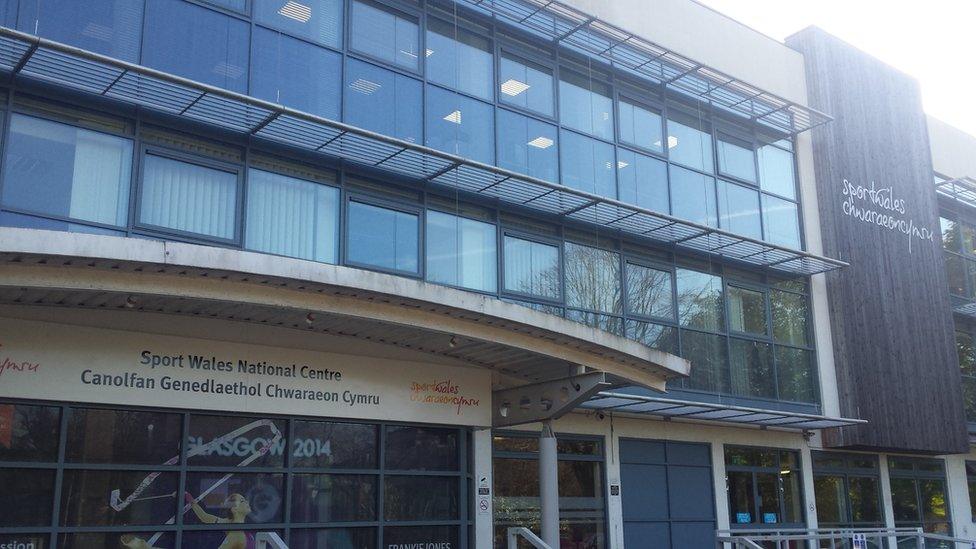
Staff skills at Sport Wales had failed to keep pace with change elsewhere, the report says
Sport Wales has been told to take immediate action to improve the way it manages its performance and develops skills within the organisation.
An independent review said staff skills had failed to keep pace with change outside of the publicly-funded body.
Welsh sports organisations claimed the quango offered them "little insight".
The report was ordered by Sport Wales chair Paul Thomas, sacked by ministers in March for an "irretrievable breakdown in relationships".
Published by the Welsh Government, the study reviews the purpose of Sport Wales, which promotes elite and grassroots sport and has an annual budget of £22m.
In 2016, the activities of the board were suspended by the Welsh Government at around the same time that early extracts of the report were leaked to BBC Wales.
It was commissioned by Mr Thomas, who was sacked along with vice chair Adele Baumgardt, and continued after his departure.
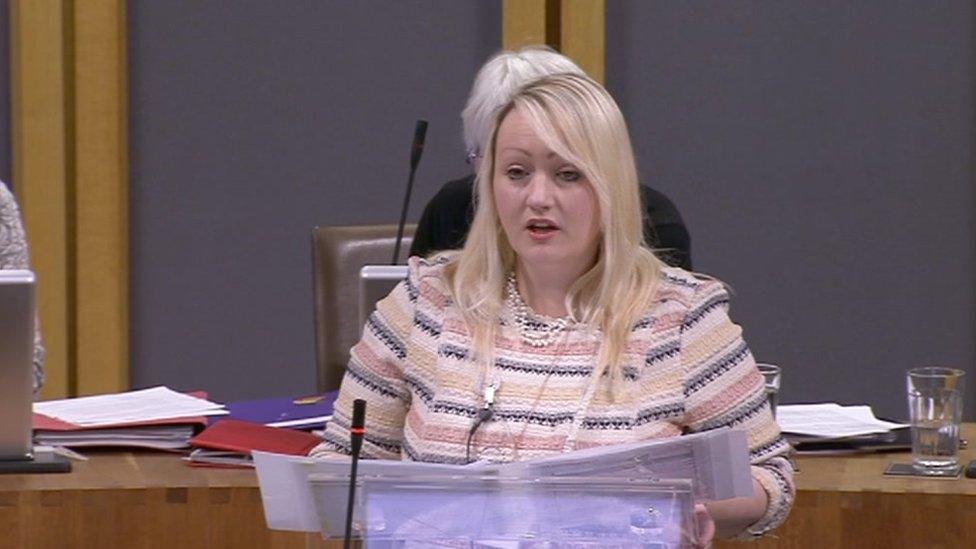
Rebecca Evans said Sport Wales was valued by other organisations, despite some confusion over its role
According to the study, a range of organisations that worked with Sport Wales reported that "they are provided with little insight or innovation they are not already aware of".
It also urged the Welsh Government to clarify the roles of a range of organisations, including Sport Wales, to increase physical activity levels.
In a statement on Wednesday, Public Health Minister Rebecca Evans said the report "affirms that partners value the work of Sport Wales".
She said she had asked her officials to work with Sport Wales to lead the development of a new long-term strategy for sport and physical recreation in Wales, including a new model for community sport.
The report said it would be unwise to separate the functions of elite and grassroots sport "despite the claim that there was, until recently, very little joint working between the two teams who lead on these areas in Sport Wales".
It continued: "Fundamentally, the view of Sport Wales' partners was that the organisation should be seen to be adding value; to be experts in their field, a critical friend, a source of advice, evidence and insight, and influential as a conduit to other sectors and policy departments in government or to external experts who could provide insight and added value.
"Instead, the perception was it was a grant-funder, or investor, who was quite prescriptive and inflexible in its funding decisions, did not take account of the wider priorities of the funding recipient, and who prioritised competitive, performance and elite sport over community sport."
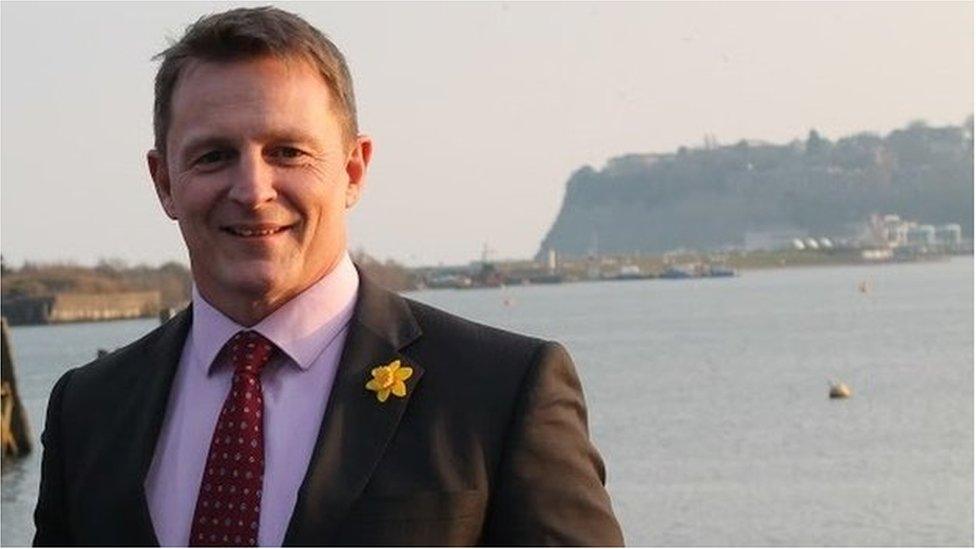
Paul Thomas had commissioned the review before he was sacked as Sport Wales chair in March
The report broadly praised many aspects of Sport Wales' relationship with other organisations at an elite level, although there was a perception that it took too much credit for success at the top.
It said it was "unfair to lay the blame solely" on Sport Wales for some of the criticism in relation to health and education, because of a lack of clarification on the roles of different organisations.
Local authorities "valued the relationship they had with Sport Wales but felt they were being distanced more and more from decisions on programmes they were expected to deliver".
The role of consultants was also criticised. One recommendation was for greater in-house training.
There were also questions about a number of investment priorities saying: "It was noted that some programmes had been evaluated but the results were not made public and the learning from the evaluations was not shared widely."
Sport Wales has been approached for comment.
- Published19 May 2017
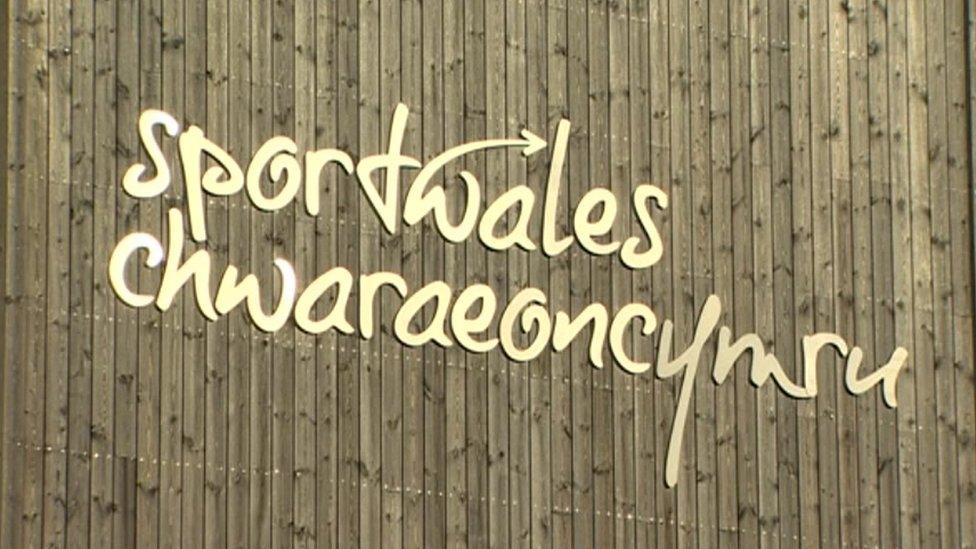
- Published29 March 2017

- Attribution
- Published23 November 2016
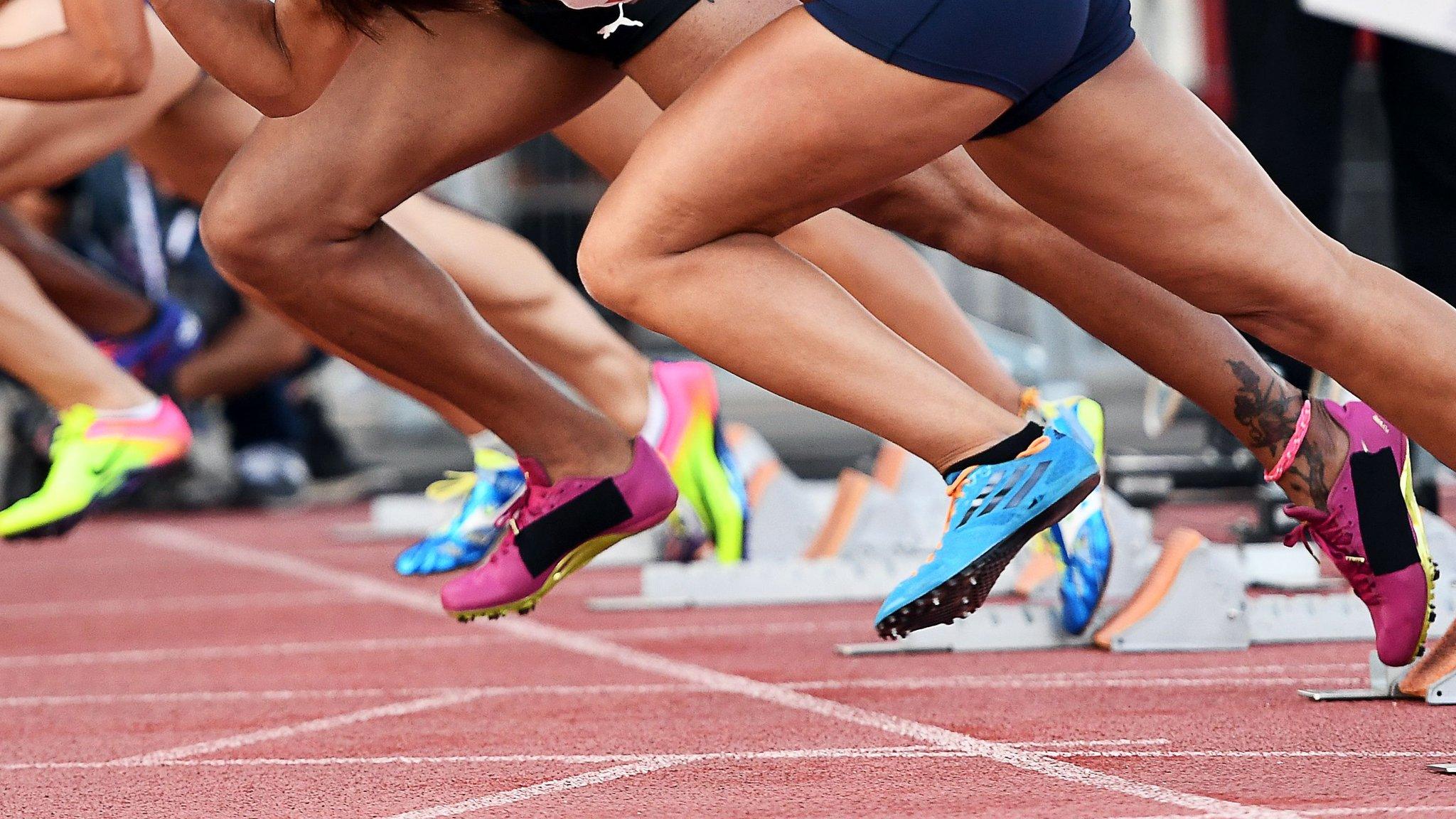
- Published28 November 2016
